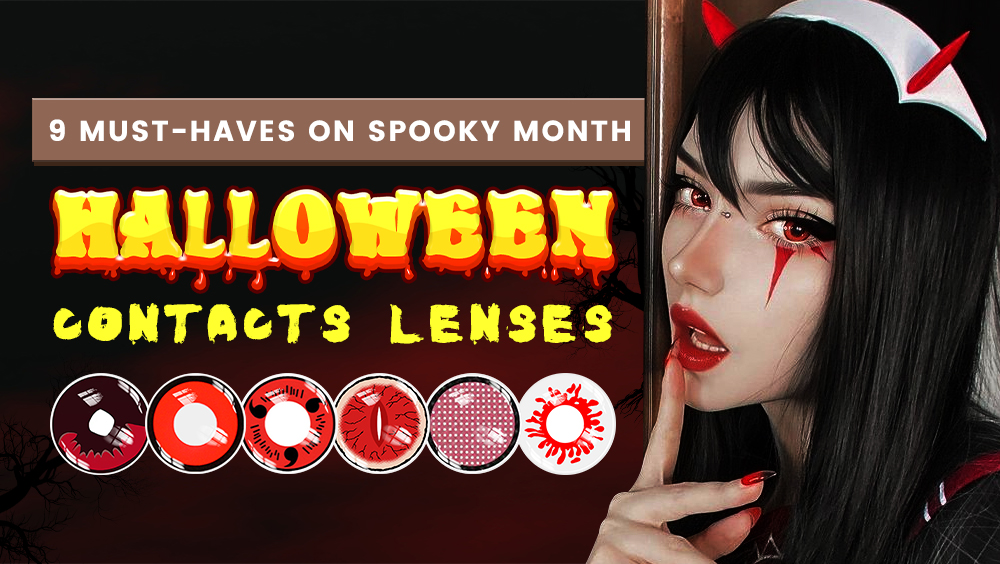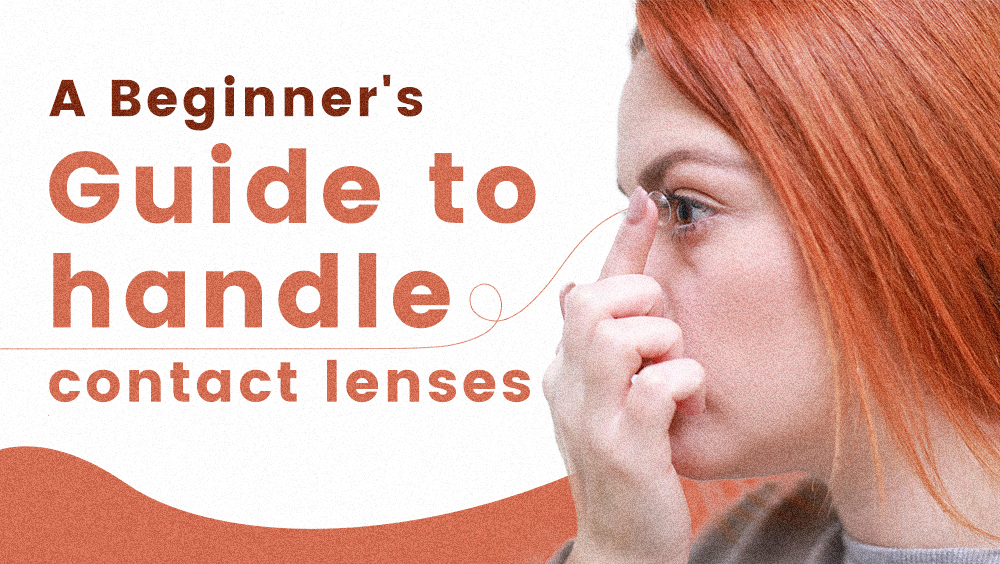How To Protect Eye Health: Dry Eyes and Contact Lenses
Sep 09,2022 | Freshlady Colored & Cosplay Contact Lenses Store
The Eye Health Guide: Dry Eyes and Contact Lenses
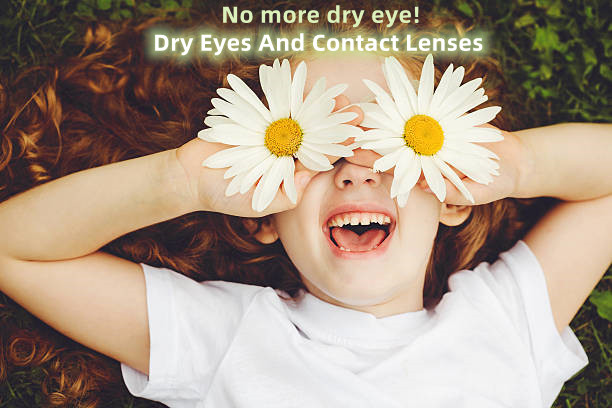
Have dry eyes found their way into your daily life? If so, you've likely been trying to find the cause of the new inconvenience. Turns out, dry eye syndrome has many causes, including contact lenses.
If you wear contact lenses, they could very well be the reason why your eyes feel dry. But, what do you do to end your eye irritation, and why do your contacts dry your eyes out?
Looking to learn the answers to the above eye health questions (and more)? Then you've come to the right place. The answers to your dry eye questions are waiting below!
What's The Reason Causes Dry Eyes?
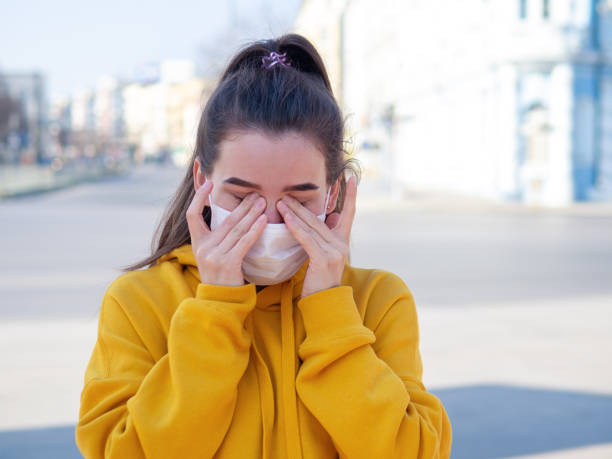
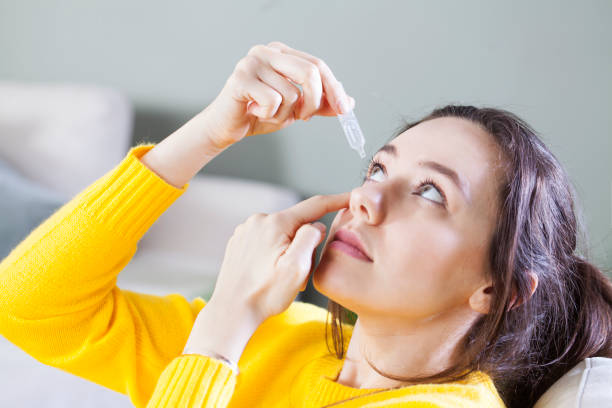
Dry eyes are the result of low tear duct performance. When your tear ducts do not make enough lubrication to keep your eyes healthy, your eyes will begin to dry out. Their dryness will lead to irritation, inflammation, and potential eye surface damage.
Dry eyes are usually harmless and have many triggers. Some include seasonal allergies, colds/flues, vitamin deficiencies, altitude changes, contacts, and staring at a computer screen too long. You could also experience temporary eye dryness after exposing your eyes to air conditioning or not blinking enough.
Age is another factor that can affect your tear ducts' ability to create proper lubrication. Many individuals over the age of 50 have reported new eye dryness. This is usually due to the aging of the tear ducts.
What symptoms of dry eyes?
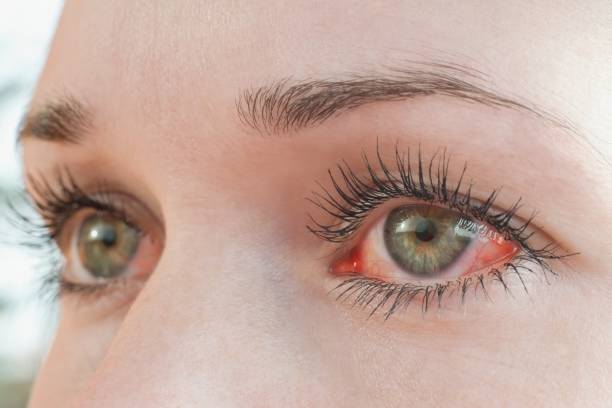
Dry eyes are often associated with feelings of itchiness, burning, stinging, grittiness, and discomfort. Your eyes may also appear watery or red with a stringy mucus-like substance in or around them. Increased sensitivity is also felt among people with dry eyes.
Some more uncommon dry eye symptoms include difficulty seeing/driving at night, fatigued eyes, and blurred vision. If you experience one or more of these symptoms, it may be time to seek professional/medical solutions (especially when the symptoms worsen or interfere with your daily life).
Contact-Related Eye Dryness
As stated earlier, one of the biggest causes of dry eyes is contacts. This is because many contact lenses prevent your eyes from receiving adequate oxygen throughout the day. Over time, the lack of oxygen can trigger a decline in overall eye health, worsening dry eye symptoms.
Contact lenses can also soak up the lubricant your eye creates. Contacts need adequate lubrication to keep their soft texture and mold to the eye. When enough of the lubricant is absorbed, your eyes will begin experiencing the symptoms of dry eyes.
Healthy eyes don't struggle with this issue because the tear ducts can lubricate both the eye and the contact lens. This means this problem could indicate a deeper issue. Poor contact quality or fit can also trigger the contact's over absorption of eye lubrication.
You should also avoid wearing the same pair of contacts for long periods. Contact your eye doctor to discuss solutions if you struggle with your contact fit and other quality issues.

How to Relieve Dry Eyes?
Dry eyes have many solutions, including over-the-counter and prescription treatments. If some form of inflammation causes dry eyes, your doctor can prescribe you a prescription for anti-inflammatory medication. Tear simulation drugs and eye insertions can also be prescribed to help your tear ducts make an adequate amount of tears.
Eye Drops/Artificial Tears
One of the most common and effective solutions for short-term and long-term dry eyes. You can get lubricating eye drops both over the counter and from your doctor.
If your dry eyes are especially bad, you may need to purchase preservative-free eye drops or ask your eye doctor for a stronger prescription eye drop.

Medical Procedures OR Warm Compresses/Massages
If blocked oil glands cause dry eyes in your eyelids, consider unblocking them through medical procedures or the daily use of warm compresses/massages. Both treatments will unclog your oil glands, allowing for proper eye lubrication.
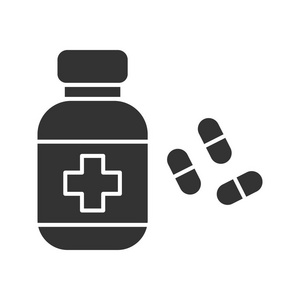
Preventative Measures
Along with medical treatments, adding daily preventive measures to your routine will help decrease your chances of developing dry eyes. Some simple examples of these measures include abstaining from smoking, washing your eyelids, setting your computer below eye level, and dampening your air.
Protecting your eyes from the sun will also help reduce your eyes' dryness.

How to Relieve Eye Dryness From Contacts
Along with the above treatment options and preventative measures, you can do a few things to help with contact-related eye dryness. Caring for your contacts and changing them as directed will help reduce your eye dryness (basic lens wear and tear will dry your eyes over time).
Silicone Hydrogel Lens
Switching to contacts with a silicone hydrogel base is the best ways to manage contact-related dry eyes. Silicone hydrogel contact allows more oxygen to reach your eyeballs and they are more comfortable to wear

Low Water Content Lens
Contacts with low water content levels help those suffering from dry eyes as well. When contacts with high water content begin to dry out, they will start absorbing the eye's natural tears and lubricant

Ready to Get On Top of Your Eye Health?
Now that all your dry eye questions have been answered, it's time to get on top of your eye health. If you're a contact lens wearer and feel that switching up your contacts would help relieve your symptoms, consider our eye products at Freshlady store.
Our contact company has an extensive supply of silicone hydrogel, low water content, and soft contacts, along with daily, weekly, and monthly lenses. Visit our website to view our contact options, learn more about our company, or buy new contacts as soon as today!


